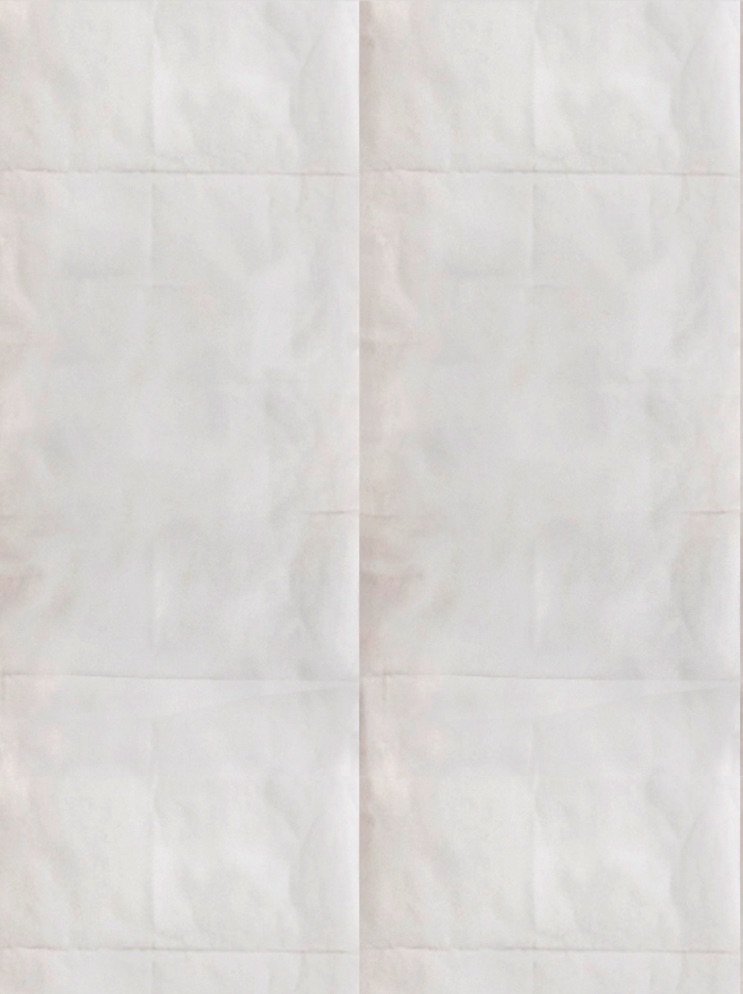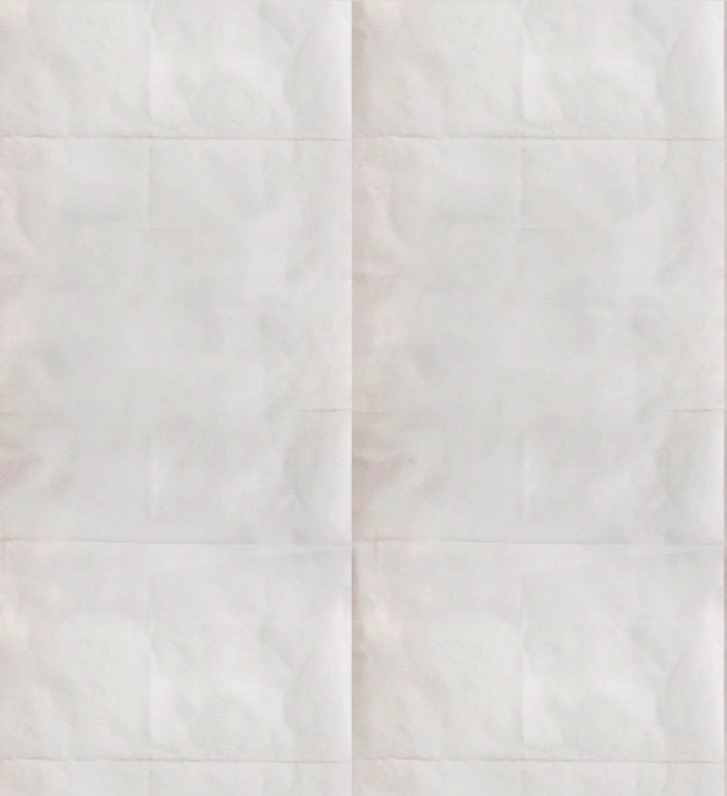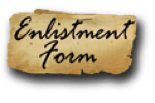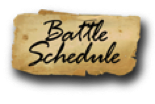
Life in a Civil War Camp

The following accounts were extracted from an article originally published in the October 2003 issue of The Shrapnel, the newsletter of the Turner Brigade. For information about The Shrapnel, contact Capt. Randy Baehr, Editor.
Gallipolis Journal, Oct. 15, 1863.
Mustering Camp of the Second Ohio Heavy Artillery,
Covington Barracks, Kentucky:
"At sunrise our bugler sounds the reveille, and a few minutes afterwards the boys jump out of their bunks for roll call. The Orderly Sergeants then bring in their morning reports to Headquarters, and at 6 1/2 our breakfast has to be done. Seven and a half to nine o'clock, drill, and then guard mounting. Ten to eleven, recitation for Commissioned officers; twelve o'clock dinner, and the last call is certainly the best attended. Three to four P.M. officers' drill; four to five, Company drill; half past five, supper; six o'clock, dress parade; eight three-fourths, tattoo; and nine o'clock, taps.
"Such is a short sketch of our daily routine. On Sunday afternoon general cleaning up, and Sunday morning, inspection. Divine service is attended twice on Sunday... "Our rations are pretty good and plenty, and our boys are now and then able to sell some surplus grub, and furnish themselves with vegetables, tobacco, stationery, &c.... Cincinnati dailies are every morning brought to Camp, and the progress of our army watched with as much anxiety as at home... "(Unknown).
The following originally posted on the Authentic Campaigner Discussion Boards, from a private collection:
FAIRFAX, CO. H, August 3, 1861.
TO MY MOTHER:
"Though I have written I think three times since the battle to assure you of my safety, yet the news which Mr.-- brings, that I am reported among the killed in Baltimore, makes me anxious to embrace this new and certain opportunity of setting your mind at rest on this score… I lay in my tent the other morning while the rain poured in torrents outside, and pictured to myself the dear old place with the damasks on the porch, so fragrant, and then I entered the door in imagination and saw you all seated at a comfortable breakfast-table while I was almost drenched and obliged to fly to my crowded tent before completing my breakfast by half.
"You should see me engaged in cooking, making fires, washing, etc. It is truly hard work and young men like Duncan, Wilson Carr and myself find that it is a difficult thing to make bread and coffee good enough to support life. Our mess consists of ten, some of whom I will mention; Duncan, Wilson Carr, Willie Colston, Giraud Wright, Charlie Grogan, McHenry Howard. We have no yeast, and so our bread must needs be heavy and indigestible, as we have no means of rolling it out into biscuits. We make rice cakes though, and frequently get corn meal and make first-rate corn bread. We are able occasionally to get our bread cooked by the country people and we buy sometimes eggs, with a stray chicken or two. You have no idea how one gets accustomed to any sort of fare. I can now eat salt junk of the very fattest with great gusto, and drink coffee without milk, made in the company pot, and feel refreshed.
"The first hard washing of my clothes, which I did, burned off the skin from my arm! "[Illegible] s dreadfully. Sometimes we have been out all day and part of the night in a drenching rain. In that forced march from Winchester to Manassas we knew no distinction between night and day, but marched during both without rest almost, and almost entirely without food. Our regiment marches very fast and finds it very tiresome marching behind some Virginia and Tennessee regiments. We passed through Millwood, and Aunt Jane had her house lit up and was giving supper to all the soldiers who came in on their way. From five to six o'clock in the afternoon till three in the morning she was cooking for them, till she was eaten out of house and home nearly.
"We forded the Shenandoah up to our breasts and then marched on to Piedmont where we were delayed some time…. As I told you, during the whole march we had not a single regular meal. Immediately after the victory we were marched back to Manassas (some six miles) and stayed there all Monday in a drenching rain, without tents, blankets or overcoats. Our company was out on picket duty night before last and we could hear the drums beating in the enemy's camp nearly all night long. We were within seven miles of Alexandria.
"You would like to know how I spend a day here. The bugle sounds at half past four and then we go out to drill till six. Then we get breakfast, wash and get ready for drill again at nine o'clock. Then we drill an hour and a half or two hours. Then sleep, or write a letter, or clean up camp, or wash clothes, or put the tents in order. Then get dinner ready-- drill again in the evening (the whole regiment together, battalion drill) at five o'clock. Dress parade at 6.30 P.M. Then supper. Soon after, at nine o'clock, the tattoo sounds and roll is called; then at 9.30 come three taps on the drum and all lights must instantly be extinguished. I have been very sick all day for the first time, but am nearly well now.
"Good-by, my dear mother,--God bless and keep you all. I am sad often thinking of my dear home and longing to hear from you. Wish I could see you again just for one little day or week. Never cease to pray for your fond son."








